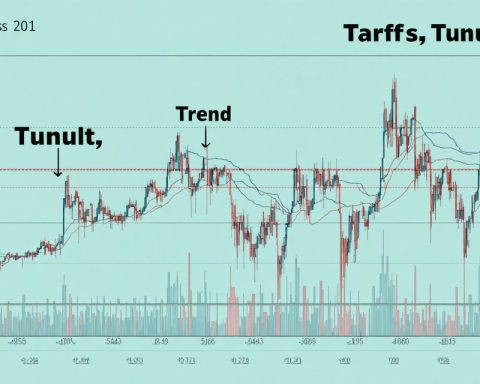The Competition and Markets Authority (CMA) recently delivered a preliminary assessment revealing troubling dynamics in the UK’s mobile browser market. Their findings indicated that the current state is not benefiting businesses and millions of smartphone users as it should.
The investigation focused on the inadequacies of mobile browsers, which are pivotal for user interaction and access to the internet. The CMA identified issues that potentially hinder competition and innovation, leading to a less favorable environment for both consumers and businesses alike.
This inquiry, conducted independently by the CMA’s specialized group, highlighted key areas where mobile browsers fail to serve the interests of UK users effectively. The market’s current configuration appears to limit choices for consumers, consequently stifling the potential for businesses to reach their target audiences through these platforms.
In a separate conclusion, the CMA turned its attention to the burgeoning field of cloud gaming. After examining the primary concerns, they proposed that the sector does not currently require additional remedial action. The competition within the cloud gaming landscape seems to be progressing in a manner that adequately addresses earlier apprehensions.
The implications of the CMA’s findings are noteworthy, as they could lead to significant changes in the way mobile browsers operate in the UK. The authority’s statements suggest a pressing need for reformation to cultivate a more competitive and dynamic market.
As the CMA continues to assess the situation, stakeholders within the tech industry are keenly observing potential regulatory changes that could reshape the mobile internet experience in the UK.
Is Your Mobile Browser Limiting Your Internet Experience? Discover the Surprising Truth!
The recent insights from the UK’s Competition and Markets Authority (CMA) have sparked a deeper investigation into how technological platforms impact everyday life, specifically focusing on mobile browsers. While the forefront of their report zeroes in on the UK market, the implications resonate on a global scale. Here, we dive into the unmentioned aspects of how these revelations might affect people, communities, or even entire countries.
An Eye-Opening Look at the Global Mobile Browser Landscape
While the CMA’s findings primarily target the UK, the concerns reflect a broader narrative relevant across the globe. Mobile browsers serve as gateways to the digital universe, influencing how we work, shop, and even socialize. A dominant or limited selection of browsers can restrict user choice, hinder technological innovation, and monopolize information access, thereby affecting not just personal experiences but broader socio-economic dynamics.
How This Affects You
The average user might wonder why mobile browser competition is crucial. Here’s why: Choice empowers consumers. When you’re limited to just a few popular browsers, you may settle for slower performance, vulnerability to security threats, or a lack of customization options. This situation could impact everything from how quickly you can check emails or news to how you utilize online services for education or healthcare. In communities heavily reliant on digital services, these limitations might create disparities, further pushing marginalized groups into the digital divide.
Controversies and Concerns
The debate surrounding mobile browser competition raises several questions:
– Are tech giants stifling competition? Major companies often dominate the scene, leveraging market power to edge out smaller competitors, which could stifle innovation.
– Is user privacy compromised? With fewer browsers in the mix, the risk of consolidated data collection rises, influencing privacy and data protection.
Advantages of a More Competitive Market
Enhanced competition within mobile browsers could spur innovation, encouraging companies to improve speed, security, and features tailored to user needs. This shift could lead to a broader array of choices for consumers, ensuring that niche needs are met and that user feedback is incorporated rapidly into updates.
Potential Disadvantages or Risks
However, increased competition does not come without its risks. Fragmentation of technology may lead to incompatibility issues. Additionally, the transitional phase toward a more competitive landscape might create temporary upheaval for developers and users alike, who are accustomed to the existing ecosystem.
Unanswered Questions
– What about developing countries? How do these dynamics play out in regions where internet access is burgeoning?
– Are regulators up to the task? As the digital landscape evolves, can legislation adapt quickly enough to ensure fair play?
Conclusion
The CMA’s revelations about mobile browsers reflect a microcosm of larger issues in digital markets around the world. As conversations and regulations progress, the potential for a more dynamic and user-friendly digital experience increases. It’s up to global stakeholders to ensure that this potential is realized across geographical and socio-economic boundaries, allowing every individual to access the internet freely and without prejudice.
For further insights into ongoing technological changes and their socio-economic impact, visit Gov.uk.



















